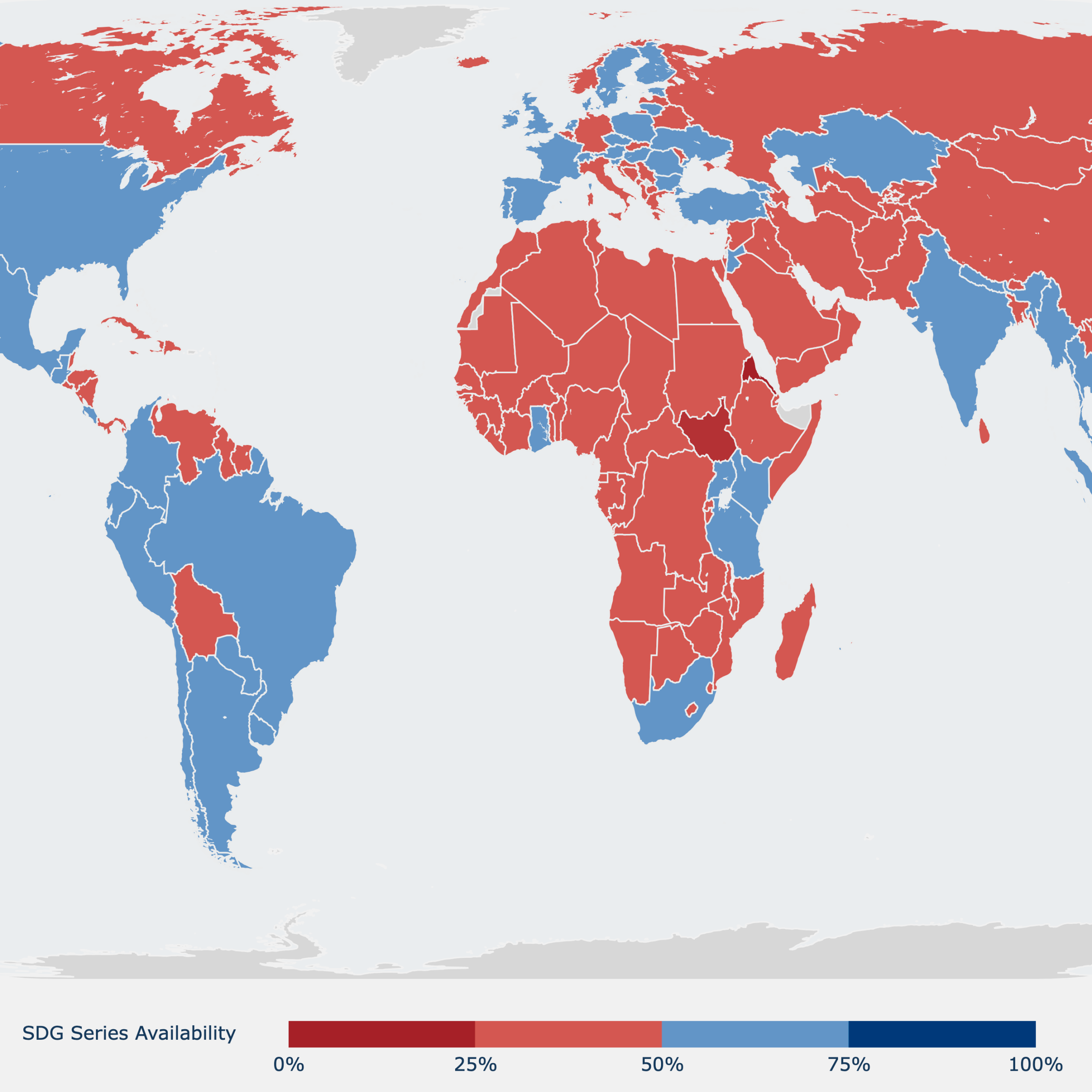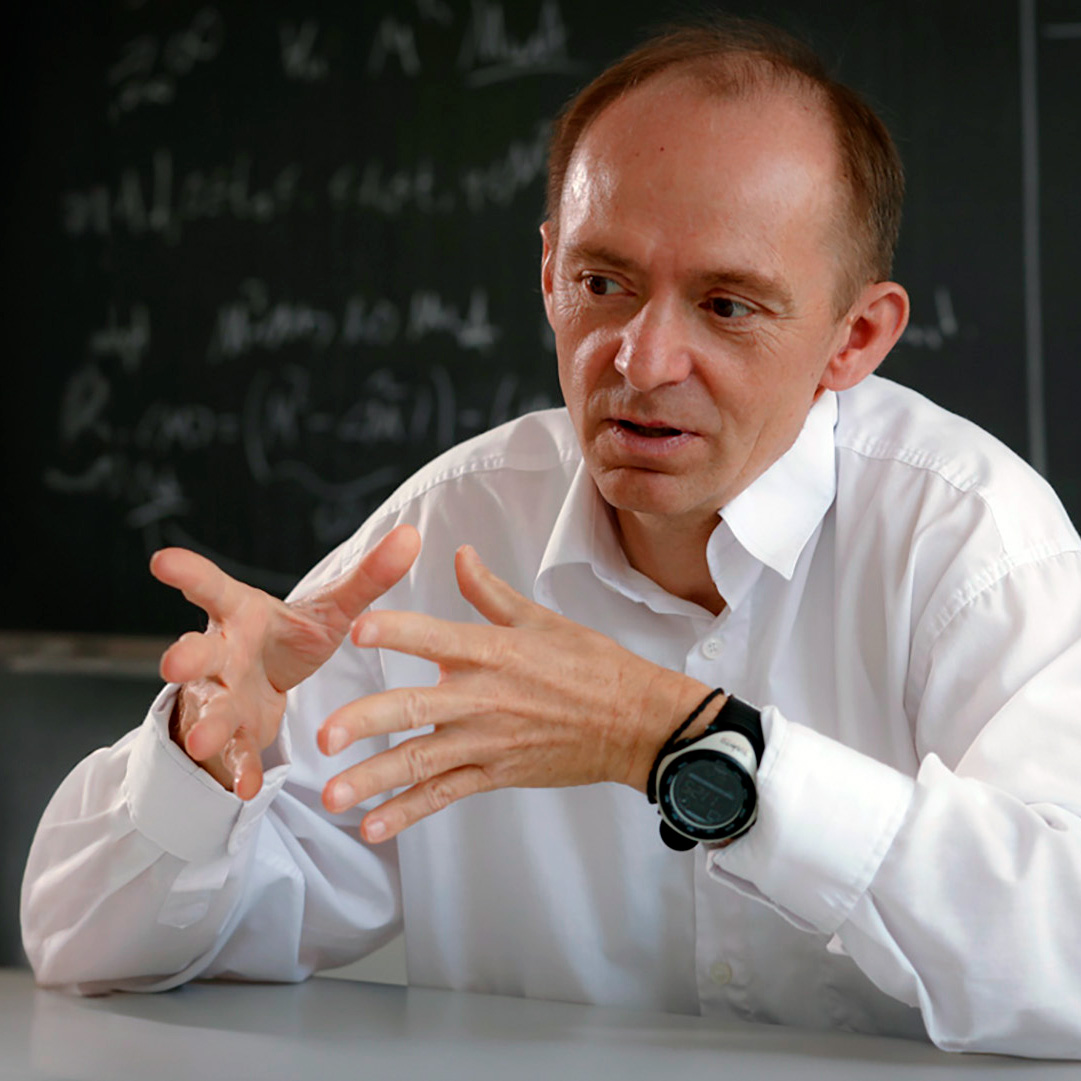Dialogue
Serving society
Switzerland’s prosperity is based to a large extent on its outstanding education and research system. Switzerland has been deliberately investing in this sector for generations and has created favourable conditions from which we benefit today. ETH Zurich is at the service of society and maintains a lively dialogue with the public, policymakers and business. Scientific progress and far-reaching technological change require open engagement with a range of stakeholders. As a leading scientific and technical university, researchers and staff at ETH Zurich impart knowledge that serves as a sound basis for decision-making and makes a key contribution to fact-based, democratic discourse.

Science diplomacy initiatives
ETH Zurich assists international organisations with their work by providing its scientific and technological expertise and is actively involved in the reconstruction of Ukraine. While its collaboration with the UN focuses on issues around violence prevention and monitoring sustainability targets, ETH’s contribution in the case of Ukraine is as a source of expertise in various key areas that will be of importance for the war-torn country’s reconstruction.
SDG Monitor detects data gaps

The UN 2030 Agenda strives for a sustainable society in harmony with nature and in prosperity, peace and partnership. It is centred around the 17 Sustainable Development Goals (SDGs). But to be able to make informed decisions, governments and international organisations need data. The SDG Monitor developed by ETH Zurich and the UN shows where there are data gaps and which countries reliably provide data on which topics. In addition to Switzerland, there are 18 developing countries among the 30 countries with the best data availability. This is attributable to national priorities, which in developing countries, for example, are often more closely aligned with the SDGs than they are in developed countries.
Engaging with parliament
As a state university, ETH Zurich actively engages with the Swiss Federal Council, parliament and the administration. As part of its dialogue with the political arena, ETH Zurich has initiated a seminar for newly elected parliamentarians that is intended to contribute to a better mutual understanding of the political and academic spheres.
Crash course for new parliamentarians

Newly elected members of the Swiss National Council are often confronted with a bewildering array of complex issues. In February 2024, ETH Zurich therefore organised a two-day seminar to give them scientific views on relevant areas of policy. Twenty-one parliamentarians from six parties took part in the event run by the Swiss School of Public Governance at ETH. The newly elected Council members gained relevant knowledge of topics such as climate and energy, security, migration, the economy, education and health. They also connected with colleagues from different political parties and learned from former members of the Federal Assembly.
Encounters with the public
Switzerland is one of the world’s most competitive countries. Many of its innovative technologies are based on academic research, to which ETH makes a significant contribution. The university is also committed to open science communication and maintains a dialogue with the public.
Energy Week @ETH: spotlight on the energy transition

How is climate change affecting energy infrastructure? Which energy sources will we rely on in the future? And what role will AI one day play in energy supply? With a varied programme and a public exhibition in the ETH main hall, Energy Week @ETH highlighted the challenges of the energy transition and presented possible solutions. In addition, the “Coffee with Scientists” format gave visitors an opportunity to discuss as-yet unanswered questions directly with experts. The Energy Science Center event provided a platform for all those who want to engage with the future of energy.

Professor of Information Technology Juraj Hromkovic gave his farewell lecture after 20 years at ETH Zurich in April 2024. Hromkovic was a leading advocate of teaching computer science in schools. In 2005, he founded the Center for Computer Science Education (ABZ) and oversaw teacher training for the computer science teaching certificate at ETH in order to support the introduction of computer science as a subject in Swiss schools. He wrote over 40 teaching aids for computer science and also taught over 600 Swiss school classes together with his team. And with success: in 2023, the federal government decided to make computer science a core subject in Swiss upper secondary schools.

“Rather than discussing who did what and when, we wanted to convey an impression of how research today still bears the mark of colonialism.”Monique Ligtenberg, curator of the exhibition at extract

The exhibition entitled “Colonial Traces – Collections in Context” explores the past of objects from the ETH Zurich collections and addresses the connection between the natural sciences and colonialism. The university’s natural history collections house tens of thousands of artefacts from former overseas colonies. Many renowned universities around the globe have begun to scrutinise their own colonial history. ETH Zurich is also currently running a project to analyse the university’s colonial past in more detail.
The Annual Report is produced in German and translated into English. Only the German version is binding.
© ETH Zurich, April 2025






